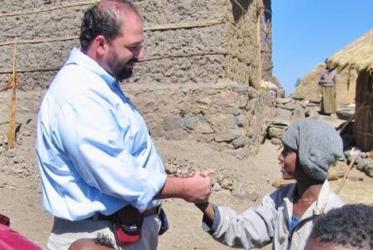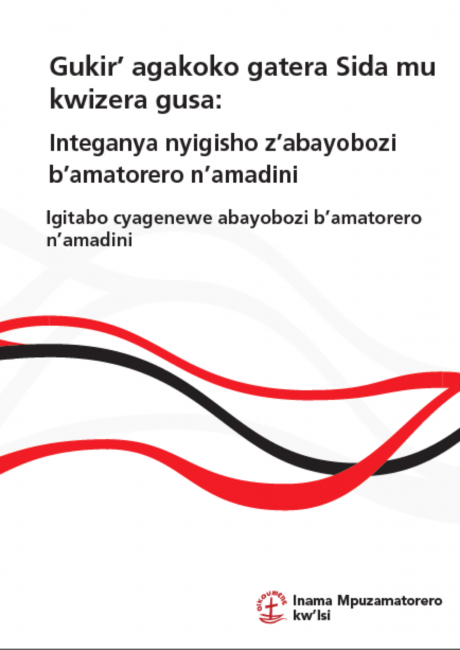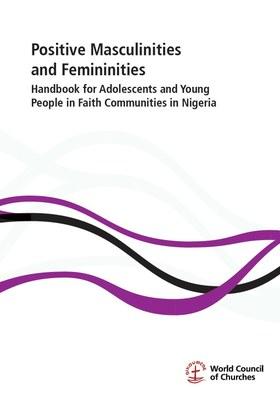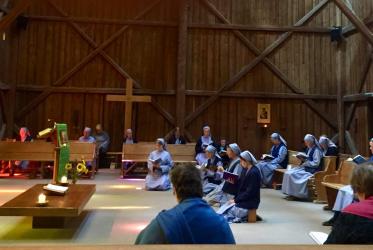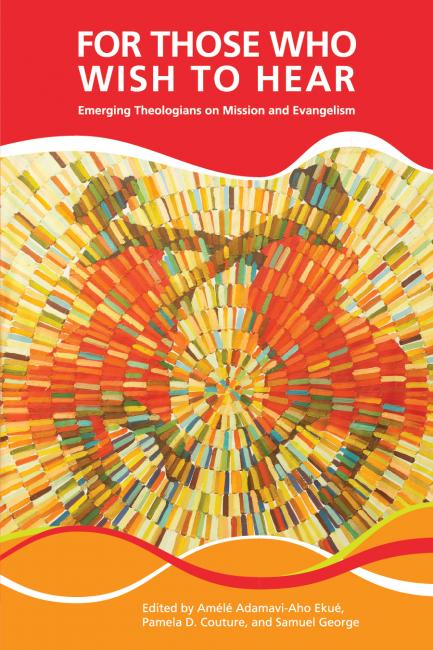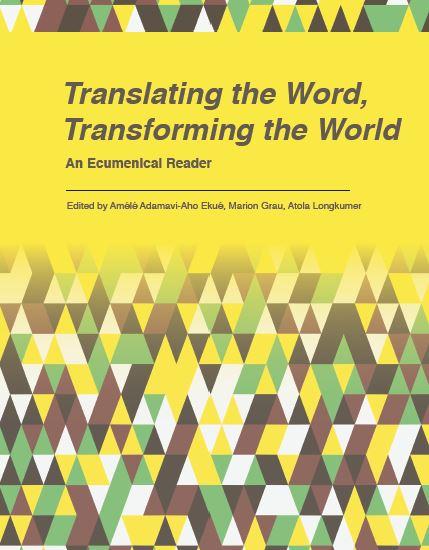Displaying 161 - 180 of 189
Treatment Adherence and Faith Healing in the Context of HIV and AIDS in Africa
Training Manual for Religious Leaders
25 October 2020
Positive Masculinities and Femininities
Handbook for Adolescents and Young People in Faith Communities in Nigeria
19 October 2020
Healing Together
A Facilitator’s Resource for Ecumenical Faith and Community-Based Counselling
15 October 2020
Christian unity strengthens between Sweden, Malta
23 January 2020
Praying for unity with the Sisters of Grandchamp in 2021
20 September 2019
Called to Transforming Discipleship
Devotions from the World Council of Churches Conference on World Mission and Evangelism.
17 May 2019
Moving in the Spirit
Report of the World Council of Churches Conference on World Mission and Evangelism
17 May 2019
Arusha Report
17 May 2019
Arusha Resources
16 November 2017
Growth in Agreement IV:
International Dialogue Texts and Agreed Statements, 2004–2014, Volumes 1 and 2
01 February 2017

